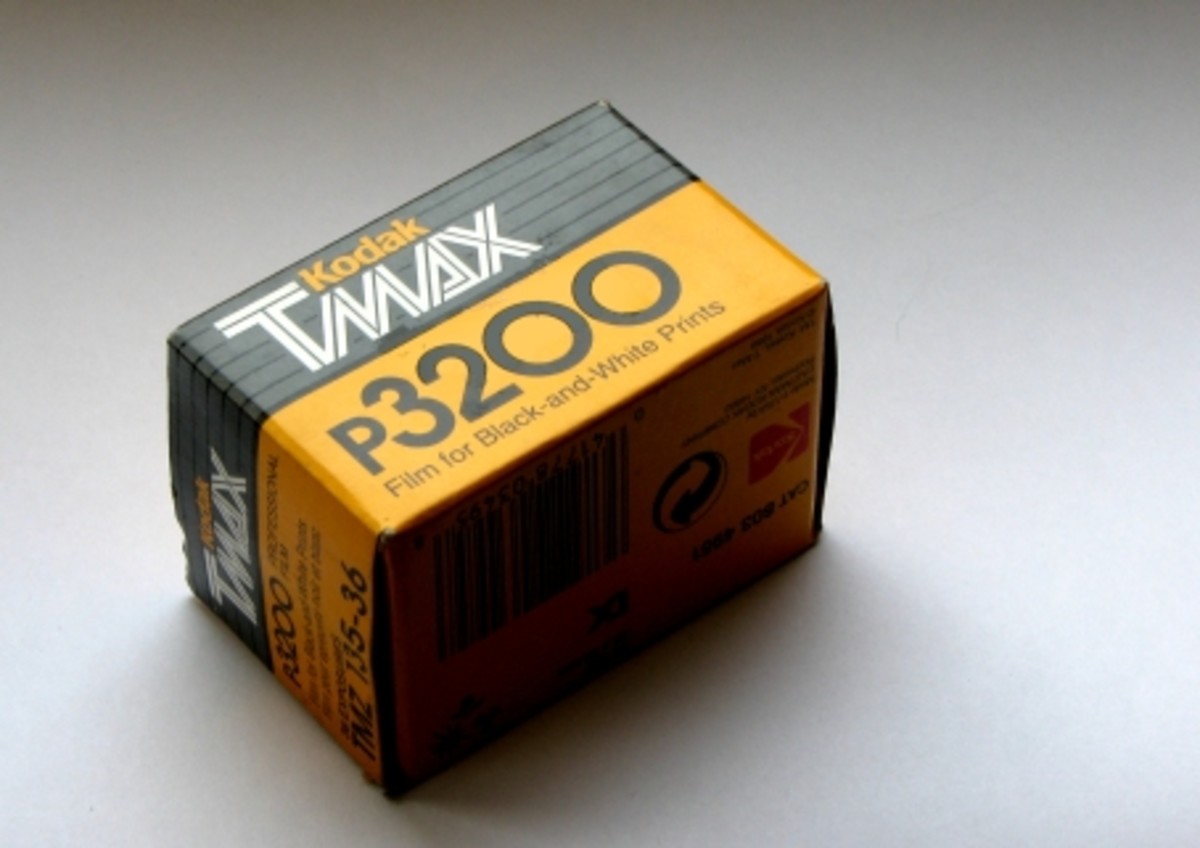
The last time Eastman Kodak needed a little spring in its stock, it looked to what was fashionable and the came up with a ridiculous plan to transform itself by getting into the cryptocurrency and blockchain business. It has done neither, but it worked—for a time, anyway—more than doubling the price of Kodak shares.
Two years later, the effect of that ruse had more than worn off, and Kodak shares were trading for little more than $2—a third lower than before the KodakCoin announcement. By then, Kodak had a new CEO and the world had a new obsession that was making companies and corporate insiders very rich: COVID-19. So that new CEO, Jim Continenza, decided another transformation was in order, one as fanciful as the last. Kodak would become a pharmaceutical company. Sure, the company has no more business doing that than it did moving into matters crypto, but that didn’t stop an administration stocked with as many fabulists and fantastical thinkers from offering it $765 million to start doing something it had never done before: make drugs.

